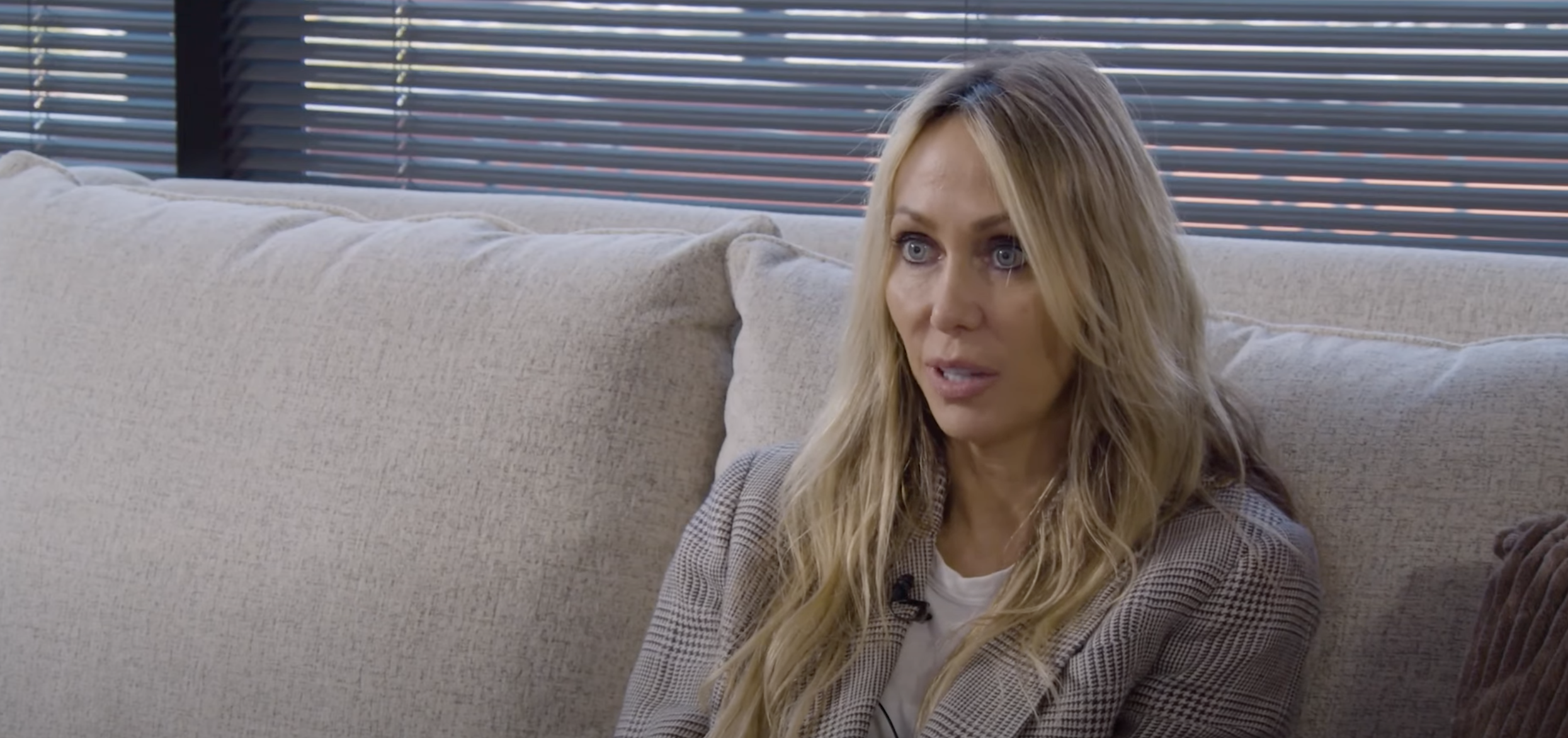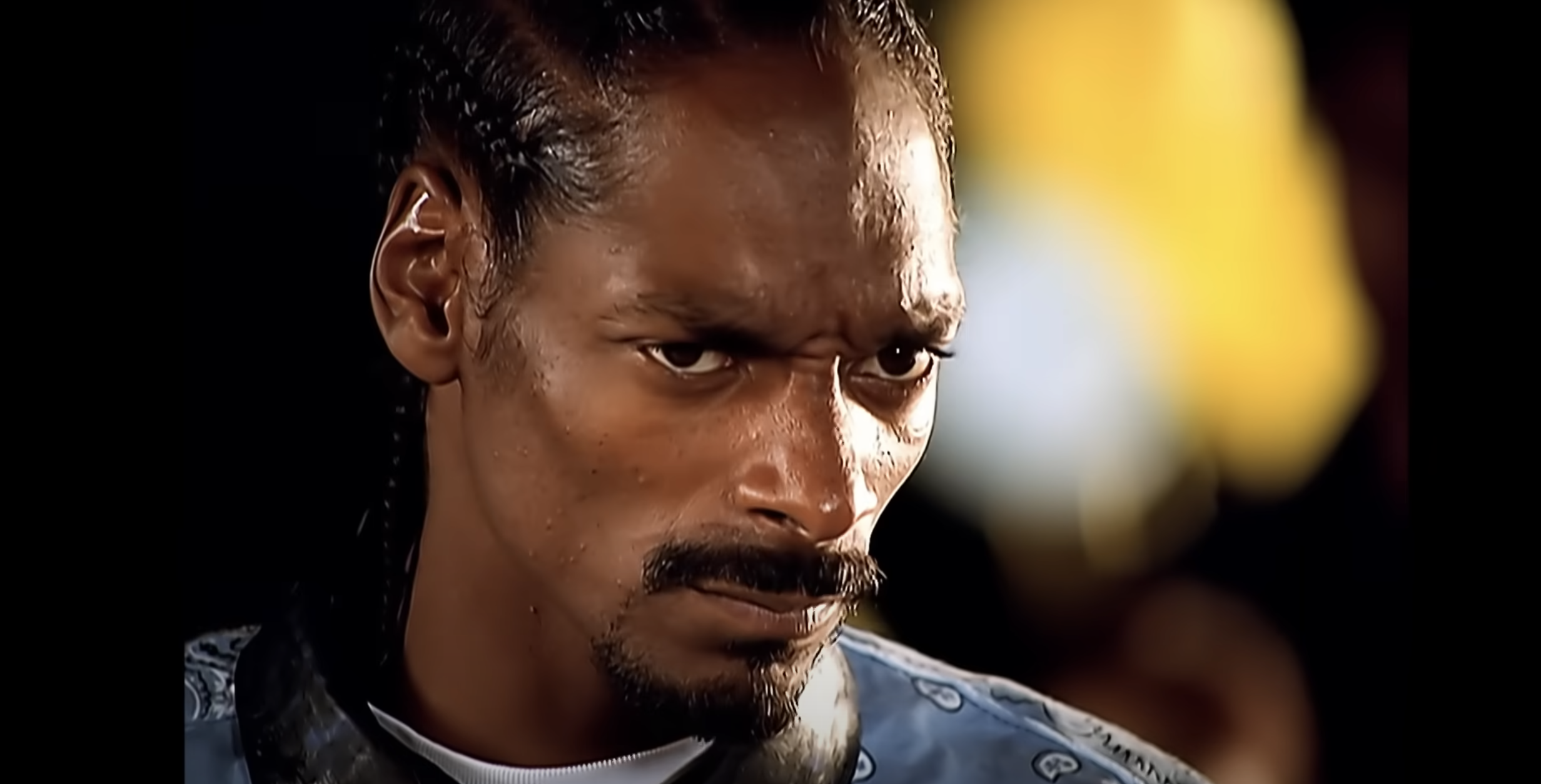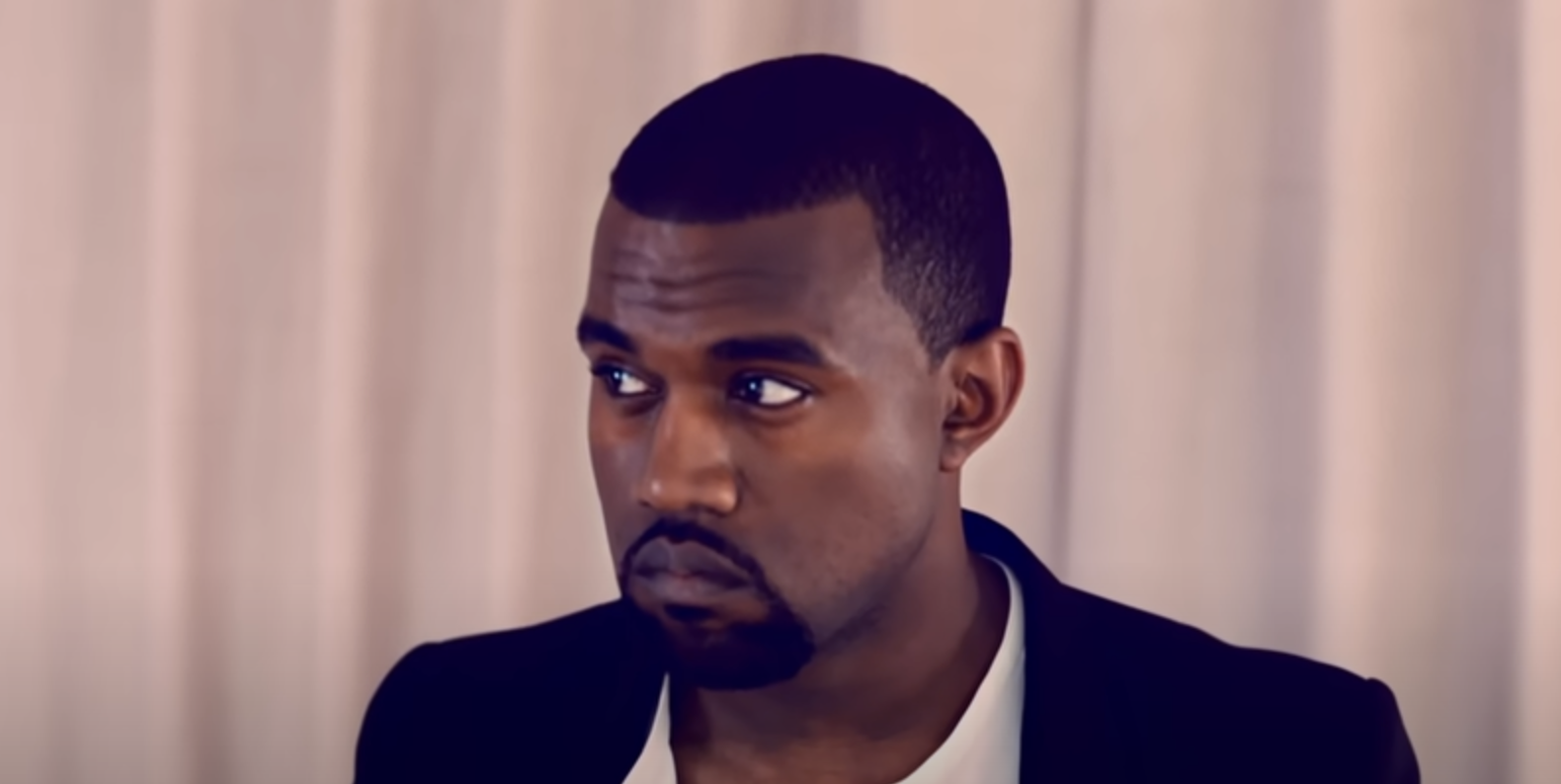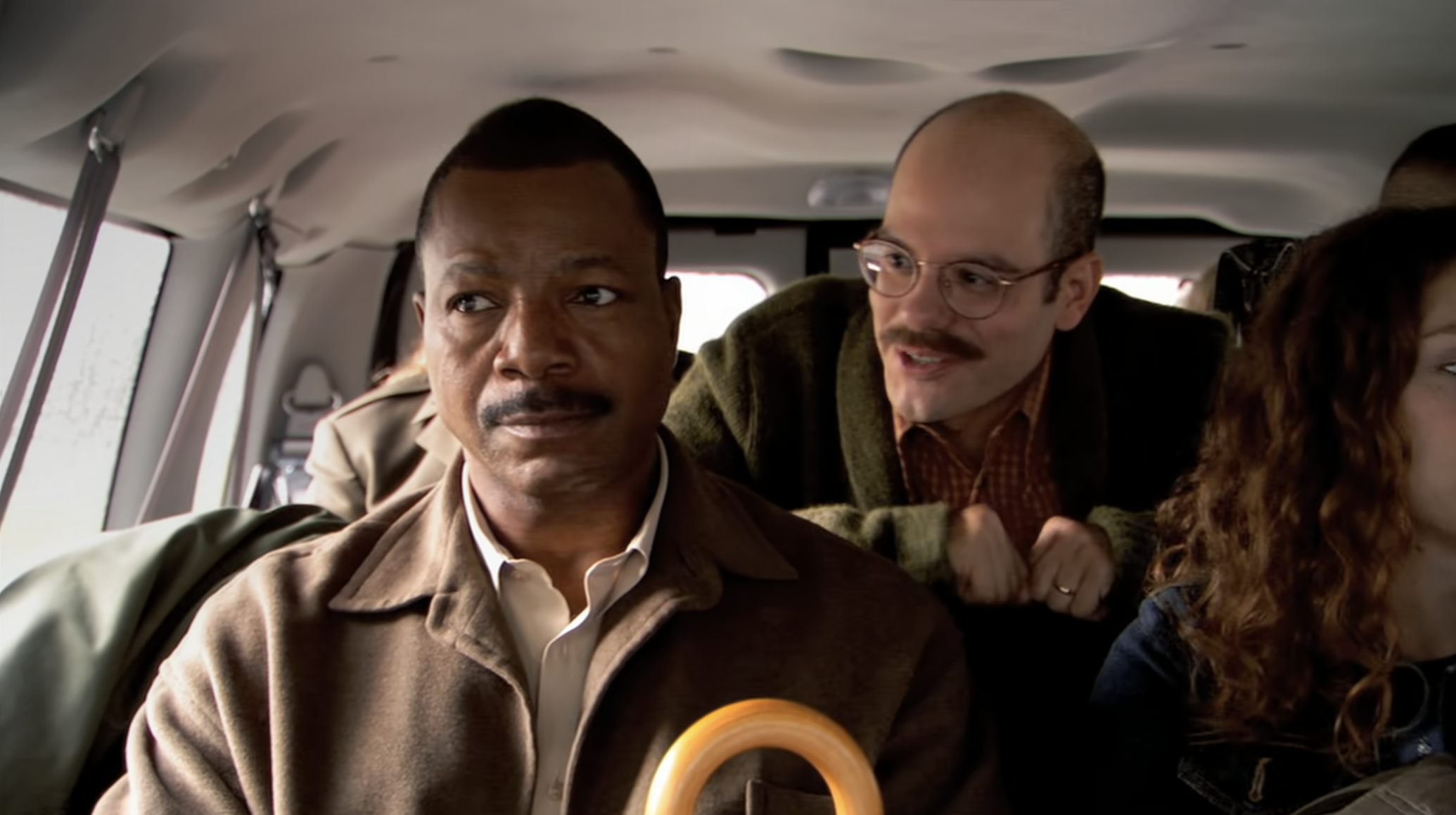Well, that escalated quickly.
Singer Holly Valance, who once graced the charts, recently spoke out at a political event where she denied climate change and the crisis of global warming.
The former Neighbours star, who is married to billionaire business tycoon Nick Candy, told a news outlet the air is “better” than when she was a child.
She said: “I just think the climate crisis, or lack of, is not a crisis. I mean the air is better than when I was growing up.
“It was a stink walking down the street when I was growing up. Cleaner, cheaper energy is what we need.
“We’re perfectly able to get it and have it, but we’re just putting all these restrictions on normal people. Who are just trying to go about their business, get to work, pick up their children from school, and go to the supermarket. It’s just insanity.
“It’s like smashing your head up against a wall every day”.
The 40-year-old was at a British Conservatives Party even when she made the comments to GB News. The music star also declared she wanted a new Prime Minister, opting for Jacob Rees-Mogg over the current Rishi Sunak who holds the position.
She then proceeded to claim “everyone starts off as a leftie” before “realizing what c**p ideals they all are”. This was before denying the existence of climate change.
The celebrity‘s comments spurred the Rainforest Alliance who clarified some points that may have the former TV star confused. They explain weather and climate change are different things, the weather may change hour by hour and daily, but climate refers to long-term trends.
They continue that climate change has always been here in Earth’s history, with warmer and cooler periods – think about the Ice Age – but increases in Carbon Dioxide emissions are a warning.
As an example, the United Nations Climate Change Conference – or Cop, has been in place since 2014. Where countries come together to discuss ways to combat global warming on a larger scale.
Although, not all scientists agree on everything about climate change. Some don’t think it’s as serious as studies reveal, and others don’t believe in it at all. But that’s why research and data-led case studies help us to learn more about what is happening to our planet.




